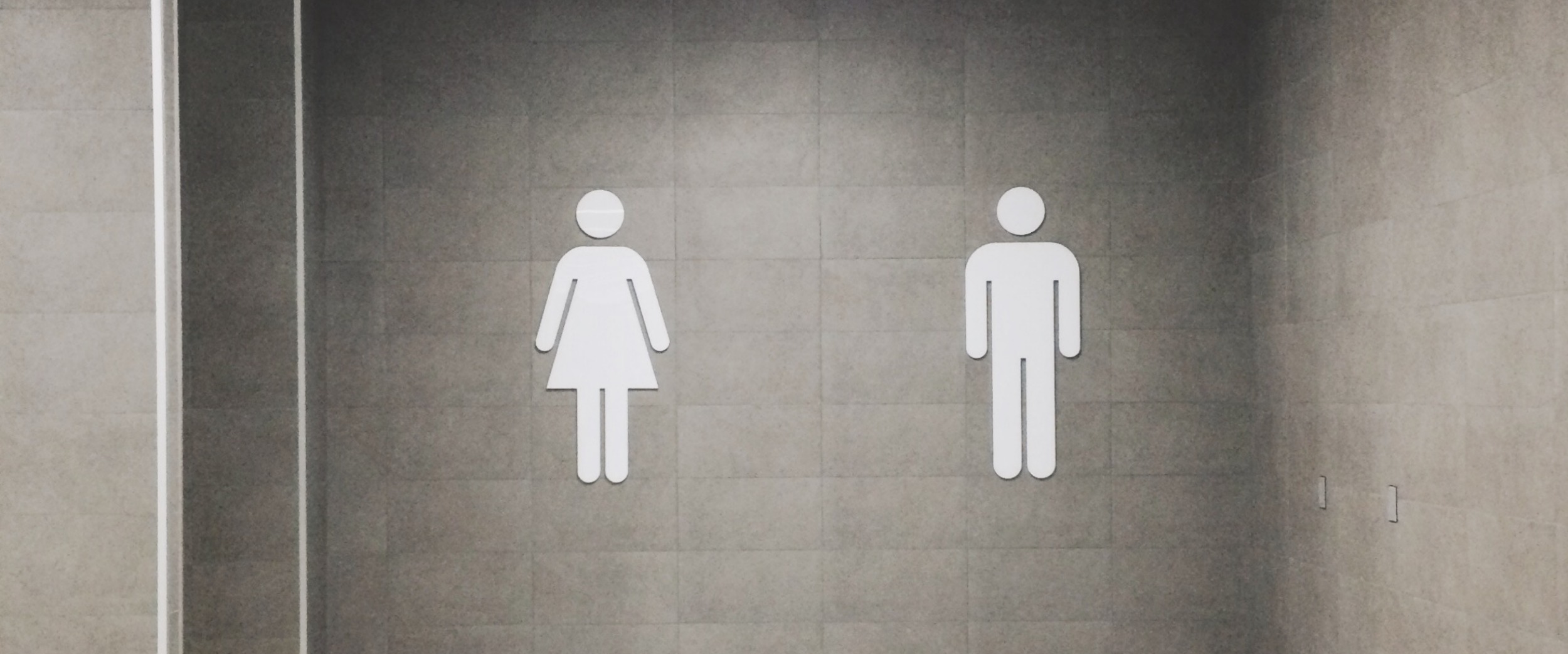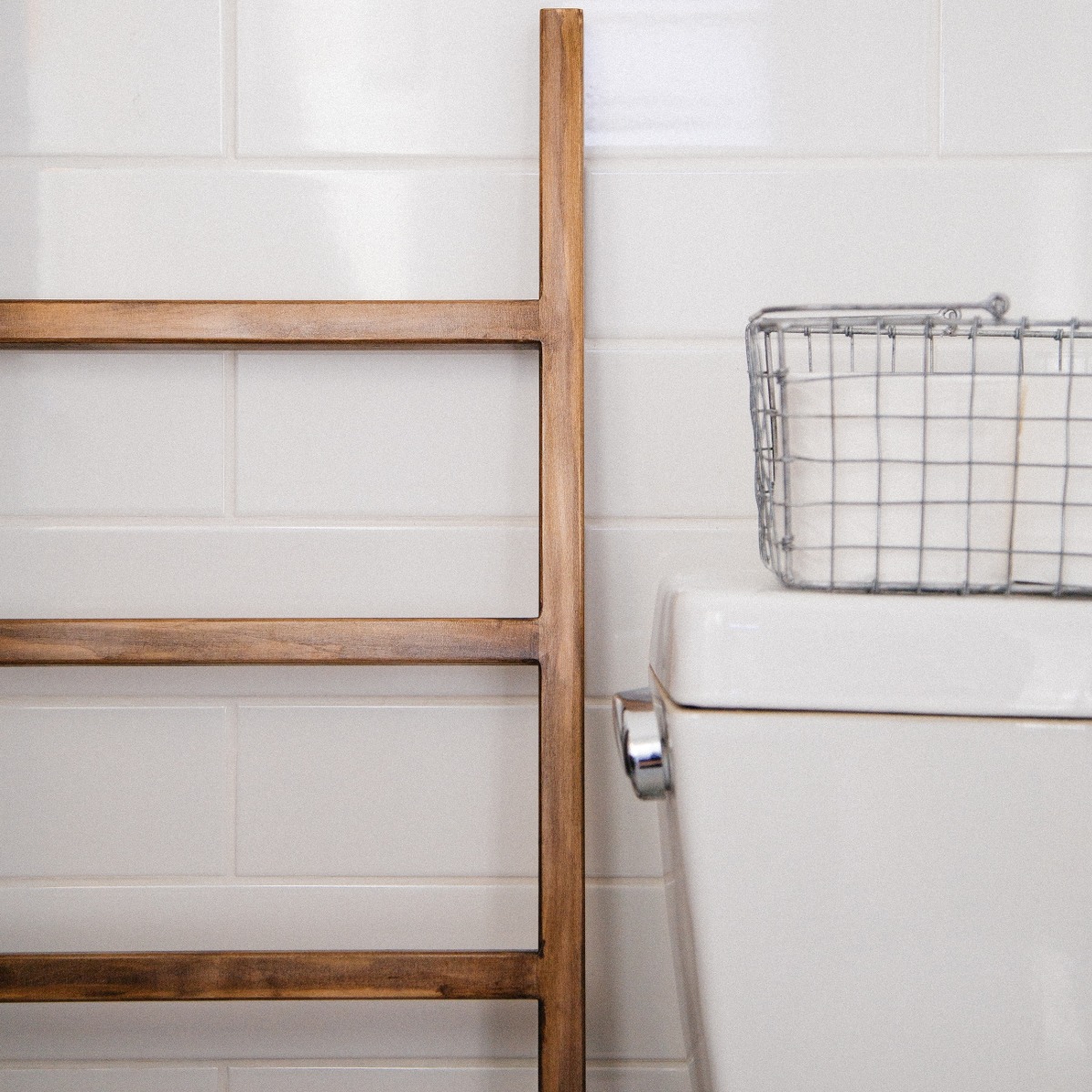In complete contrast to constipation, diarrhea is also a common side effect of treatment. While many chemotherapies and targeted therapies cause constipation, some of the others cause diarrhea. Loss of bowel control can not only be embarrassing, but it can cause painful cramps and lead to dehydration.
Imodium can be taken over the counter for mild, one-off cases of diarrhea or via prescription for more chronic cases. Speak with your doctor before trying either kind.
Probiotics can aid in healthy digestion because they offer sources of good bacteria. Foods like green olives, dark chocolate and yogurt contain probiotics that might help make your system more regular and ease symptoms of diarrhea.
Other foods can lead to good digestion as well. In contrast to constipation, a low-fibre “BRAT” diet may help make your stool firmer. BRAT stands for: banana, rice, applesauce and toast. Breast cancer patients have also found these foods are helpful for combatting diarrhea:
- Boil one green plantain. Mash it up with one garlic clove and olive oil. Delicious!
- Try Jello, popsicles, and Gatorade for mild symptoms of diarrhea.
- Stay away from sugary things, as refined sugar can aggravate diarrhea.
- Cut out dairy, ice cream, cheese, salt, greasy or fried foods, meats—anything hard on your system.
- Eat a good bowl of Irish oatmeal (milled finer than regular oats, or cook the oatmeal well). Add pureed coconut, coconut milk, raisins, and dry toasted pecan pieces.
- Try tuna, plain chicken with rice soup, cooked sweet potatoes, and cooked mushrooms.
- Avoid alcohol, caffeine and high-fibre foods.
Finally, be sure to drink lots and lots of water! Because your body is losing an excess of fluid when you have diarrhea you can be at risk of dehydration. Drinking lots of fluids is key to preventing diarrhea and potentially damaging your kidneys.
If your diarrhea lasts longer than 2 days, you become dehydrated or start showing signs of fever, be sure to speak with your doctor right away.
Both constipation and diarrhea are common, uncomfortable and awkward symptoms of treatment. Hopefully these tips can help relieve your symptoms so you can focus on your treatment.
Photo by Juan Marin on Unsplash








